

This comprehensive guide explores the world of screw nuts, covering different types, materials, applications, and selection criteria. We'll delve into the nuances of choosing the perfect screw nut for your specific needs, ensuring a secure and reliable fastening solution. Learn how to identify the right size, thread type, and material for optimal performance.
Hex nuts are the most common type of screw nut, characterized by their hexagonal shape. Their versatility makes them suitable for a wide range of applications. They offer excellent grip and are readily available in various sizes and materials, including steel, stainless steel, brass, and nylon. Choosing the right grade of steel (e.g., Grade 5, Grade 8) depends on the required strength.
Square nuts, while less prevalent than hex nuts, provide a strong and stable fastening solution. They are often preferred in applications where a square shape is beneficial for grip or aesthetic reasons. Like hex nuts, they are available in various materials and sizes.
Wing nuts are easily identifiable by their protruding wings. These wings allow for hand-tightening, eliminating the need for tools in many applications. They are frequently used in situations where frequent assembly and disassembly are required, often found in electronics or furniture.
Cap nuts combine the functionality of a nut and a decorative cap. They offer a clean, finished look and are often used in applications where aesthetics are important. They can be found in various materials and finishes.
Flange nuts have a large washer-like flange incorporated into their design. This flange increases the surface area in contact with the workpiece, providing a more secure and vibration-resistant fastening solution. They are particularly useful in applications where a larger bearing surface is needed.
The material of a screw nut significantly impacts its strength, corrosion resistance, and overall performance. Common materials include:
| Material | Properties | Applications |
|---|---|---|
| Steel | High strength, good durability | General purpose fastening |
| Stainless Steel | High corrosion resistance, good strength | Outdoor applications, marine environments |
| Brass | Good corrosion resistance, non-magnetic | Electrical applications, decorative purposes |
| Nylon | Lightweight, good insulation, vibration damping | Electronics, applications requiring vibration dampening |
Choosing the appropriate screw nut involves considering several factors:
For high-quality screw nuts and other fasteners, explore reputable suppliers like Hebei Muyi Import&Export Trading Co.,Ltd. They offer a wide selection of screw nuts and other fastening solutions to meet diverse needs. Remember to always check product specifications and certifications to ensure quality and reliability.
This guide provides a foundational understanding of screw nuts. Further research into specific applications and materials will aid in making informed decisions.

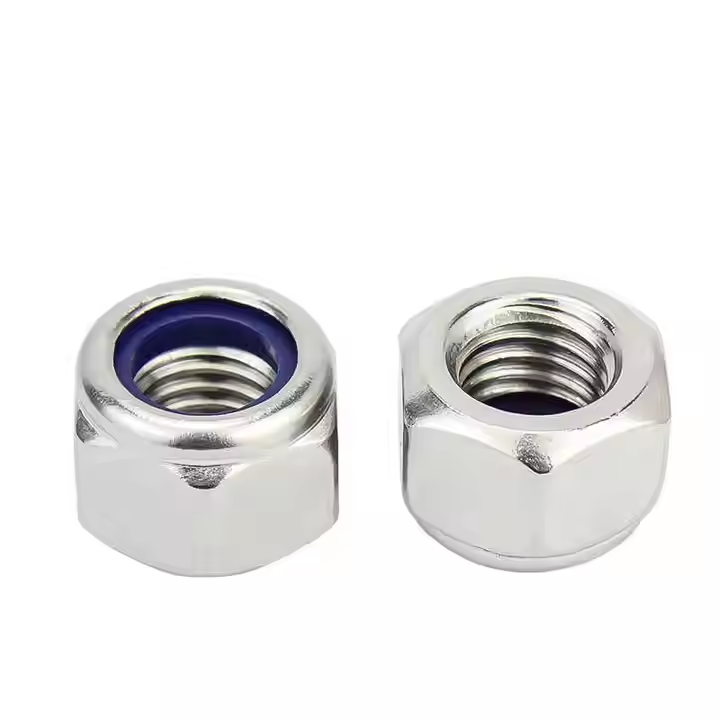

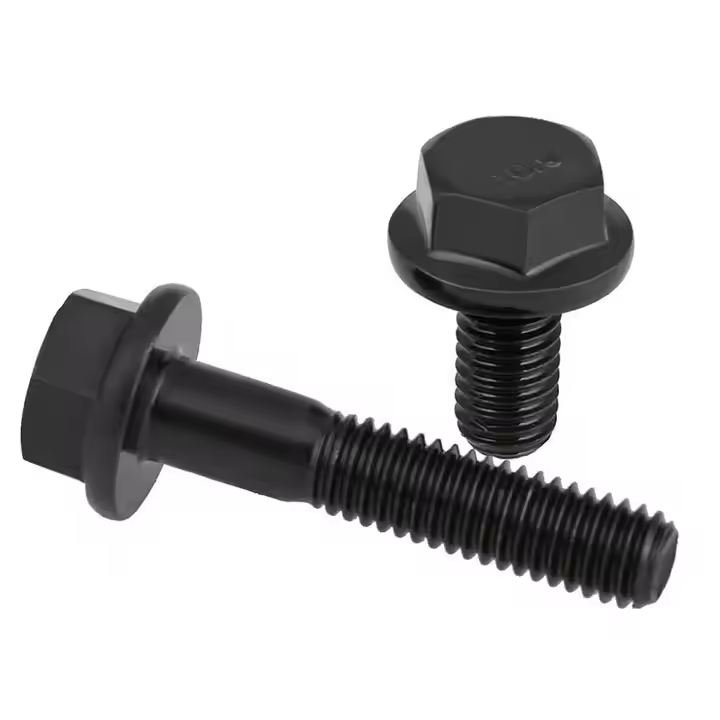

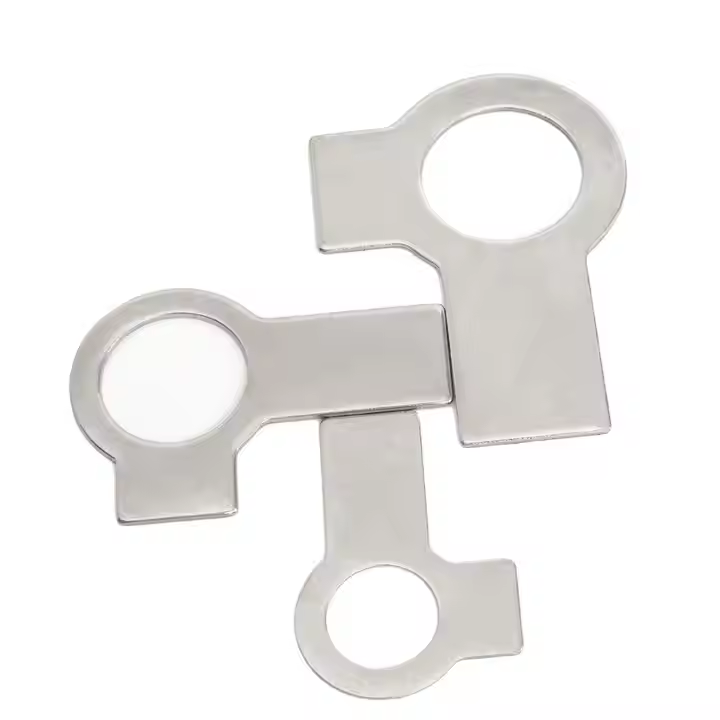
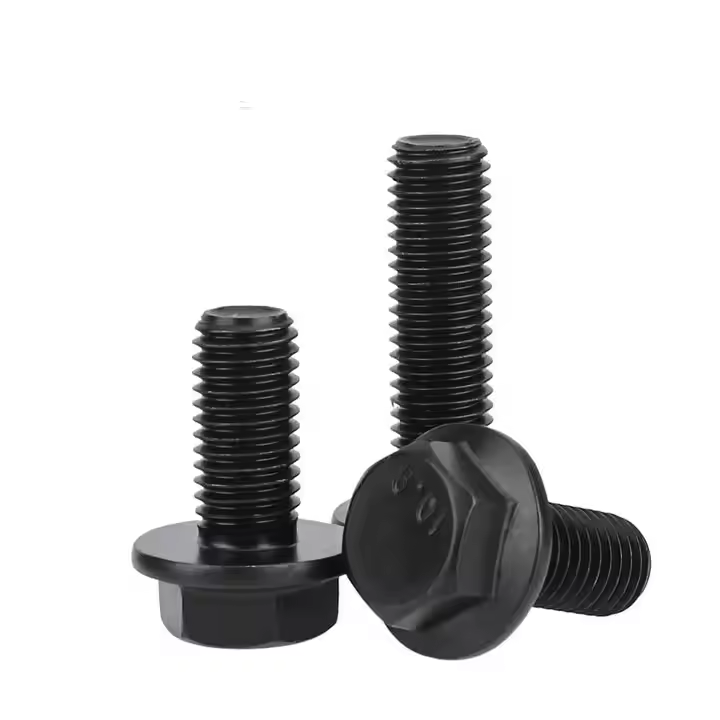

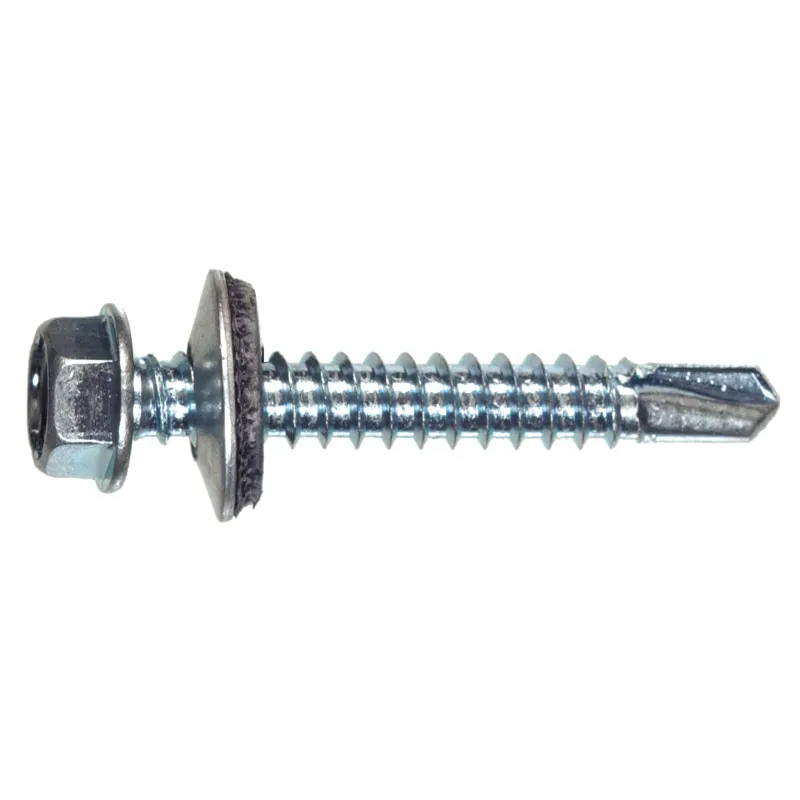

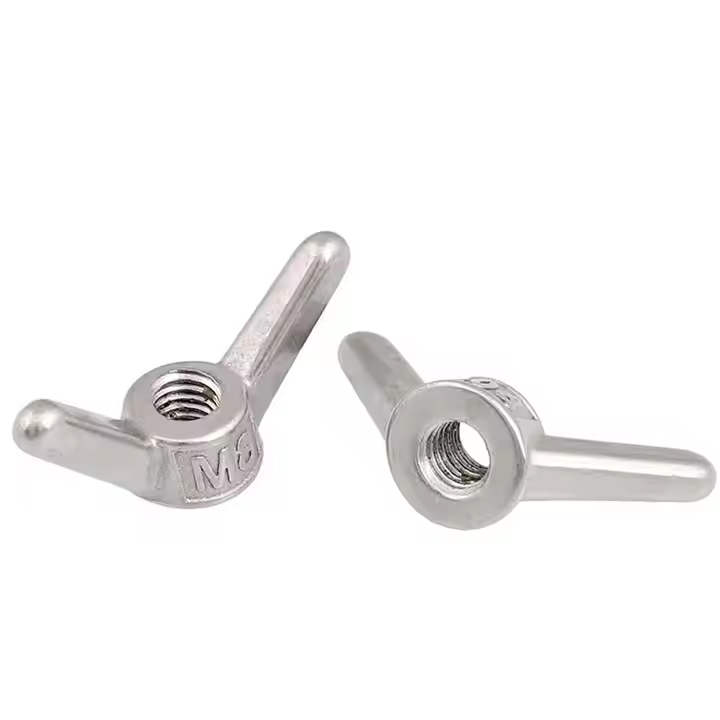

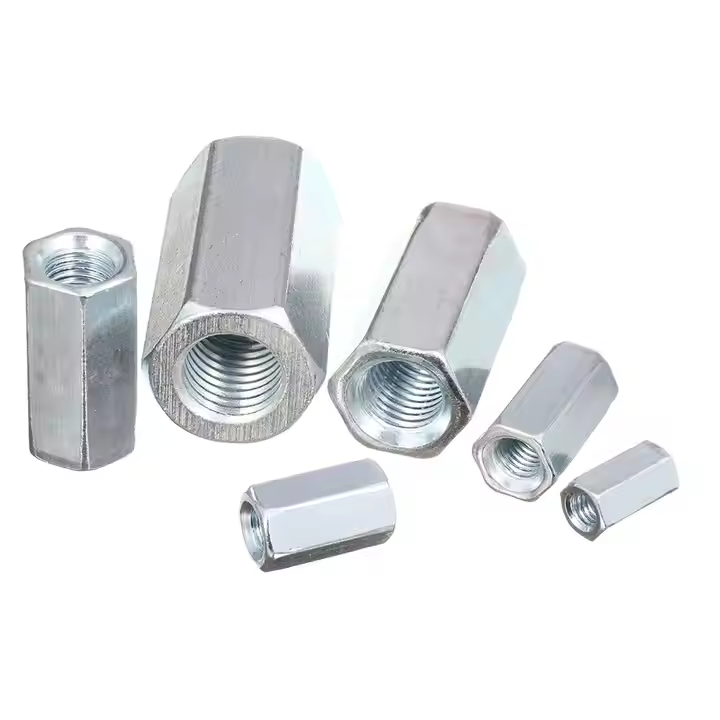
Please enter your email address and we will reply to your email.